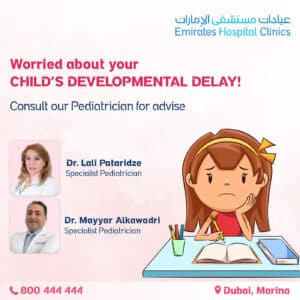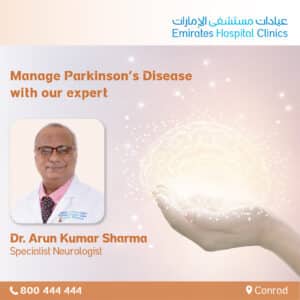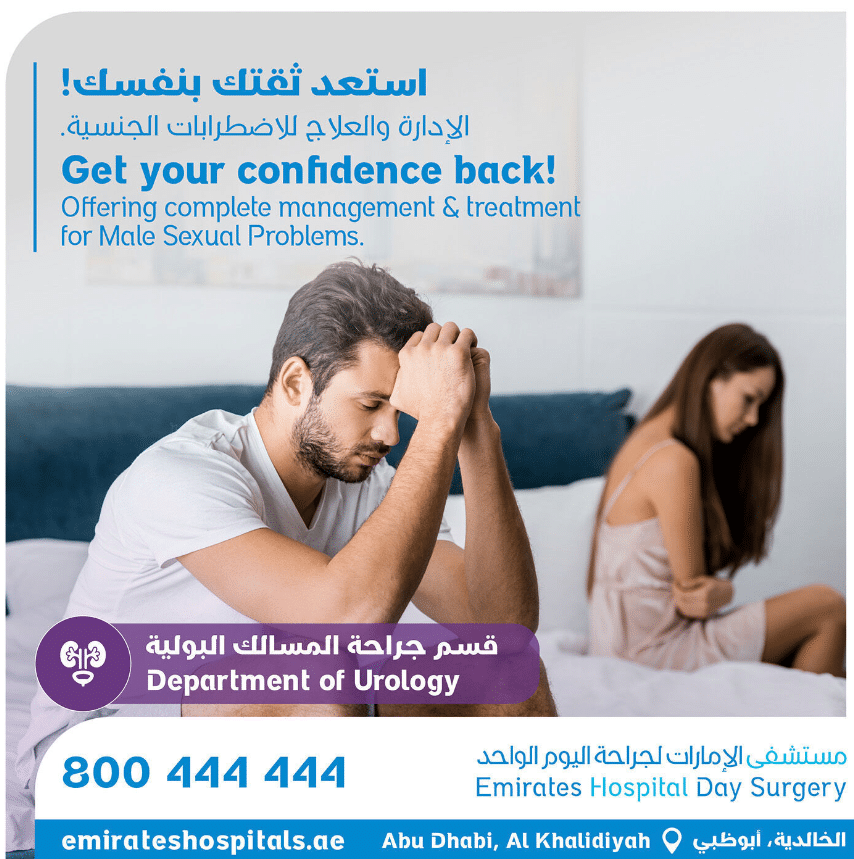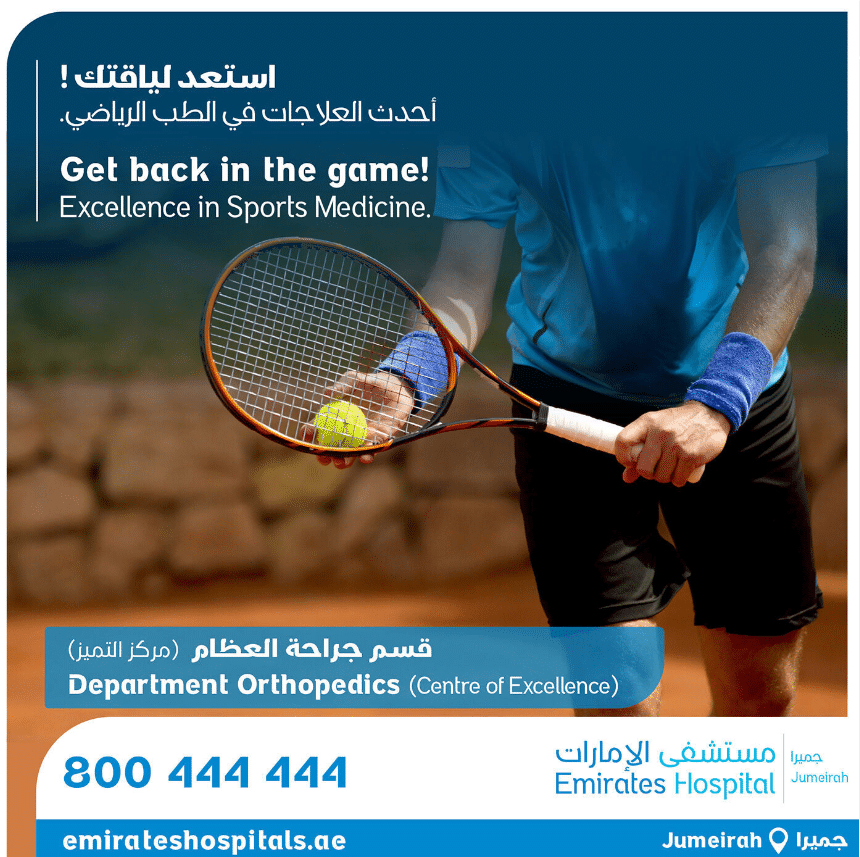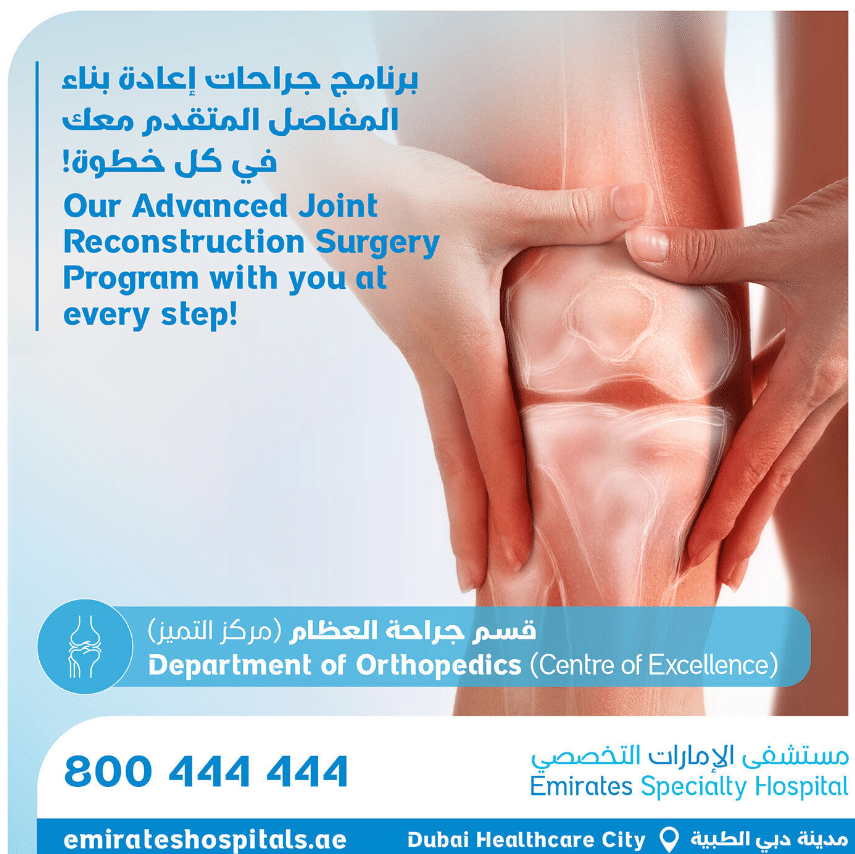What is Stroke?
In case the blood flow to the brain decreases or cuts suddenly, the condition of the brain not getting oxygen is called “stroke”. Brain cells that cannot be fed develop damage and the cells begin to die. Hypertension, high cholesterol, diabetes, obesity and smoking can cause a stroke. When symptoms such as sudden numbness and weakness in the arm and leg on one side of the body, difficulty in speech and comprehension, visual disturbances, sudden and severe headache, dizziness, nausea and vomiting, loss of balance, walking difficulties are noticed, a hospital should be visited as soon as possible.
What is a Heart Attack?
Because the plaques in the heart vein suddenly tear and the clot is seated on it, the heart vein suddenly becomes clogged. As a result, the heart muscle remains oxygen-free and the heart muscle cells begin to die after some time. This process is called a heart attack (myocardial infarction).
What are the symptoms of a heart attack?
- Heart pain / chest pain
- Pain radiating to left arm, neck, shoulders, abdomen, chin and back
- Distress feeling
- Indigestion
- dizziness
- Nausea
- Shortness of breath
- Sweating
- Easy fatigue
- Heart rhythm disorder
What are the causes of a heart attack?
- Smoking
- High LDL (bad cholesterol) ratio
- Diabetes
- Hypertension
- Aging (deformed vessels)
- Obesity
- Genetic factors
- The rise of substances such as C-reactive protein, homocysteine, fibrinogen and lipoptotein A produced in the liver
What Should Be Done During a Heart Attack?
- Sit at your location, rest and do not stand.
- If you are caught in the crisis while driving, immediately pull over the vehicle and ask for help.
- If you have a shirt and tie on you, loosen the collar area and tie off the shirt and try to relax.
- If you have an aspirin tablet, chew it.
- Do not consume any food or drink other than water.
- If the crisis has caught you while you are alone, if you have a phone, call a relative or ask for ambulance help.
- Wait until your ambulance arrives by lifting your feet above your heart level.
- Open windows and doors and ensure oxygen.
- Try to cover your nostrils and cough strongly. This will speed up blood flow.
The main goal in the treatment of heart attack is to prevent the damage of the heart muscle by opening the clogged vessel. If intravenous therapy can be administered within the first hour of a heart attack, damage to the heart muscle is largely prevented. For this reason, the first 60 minutes in treatment is called “golden hour”.
If the vein is blocked for a longer period of time, the heart muscle is irreversibly damaged, and even if the patient overcomes the heart attack, heart failure can develop in the long term.


